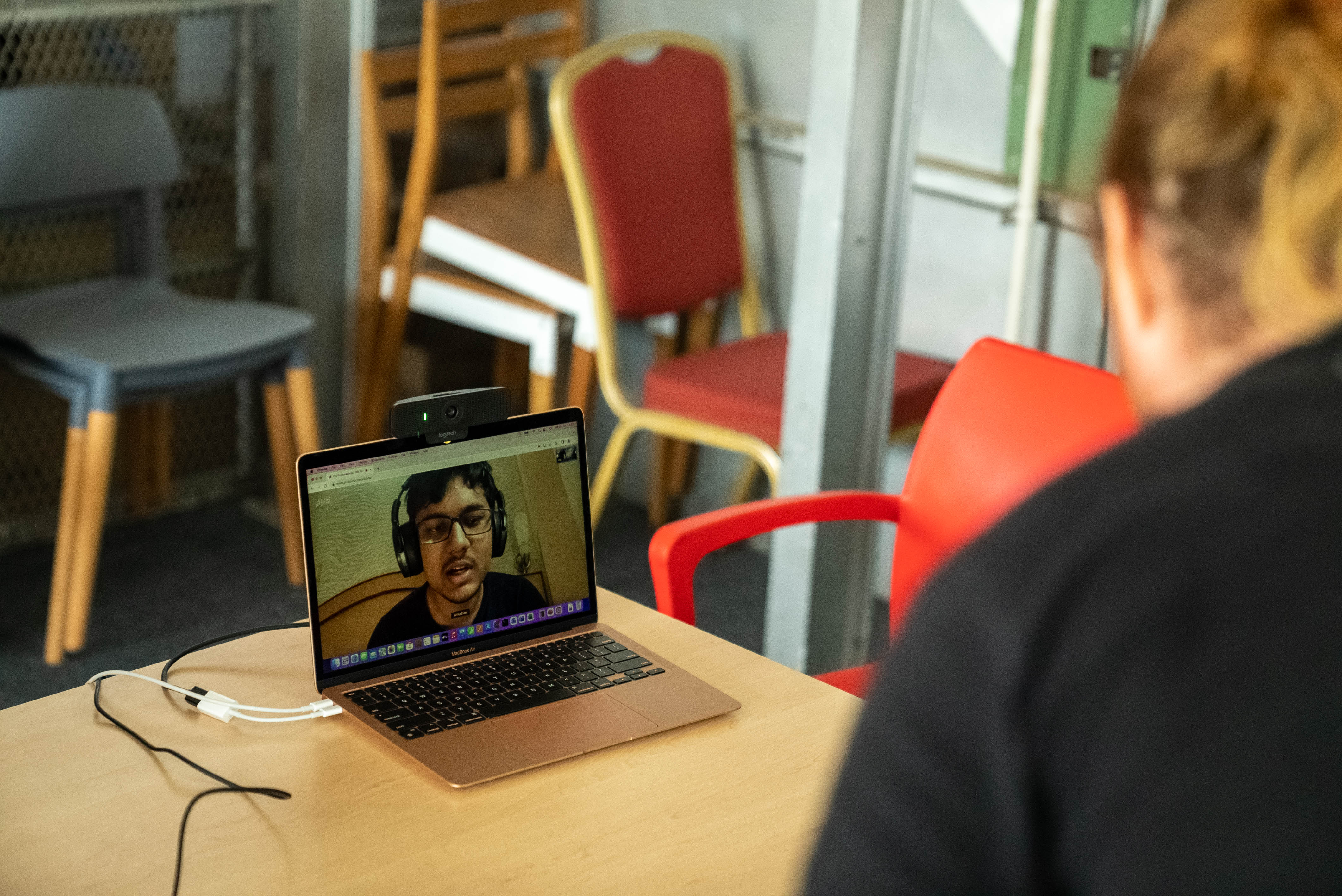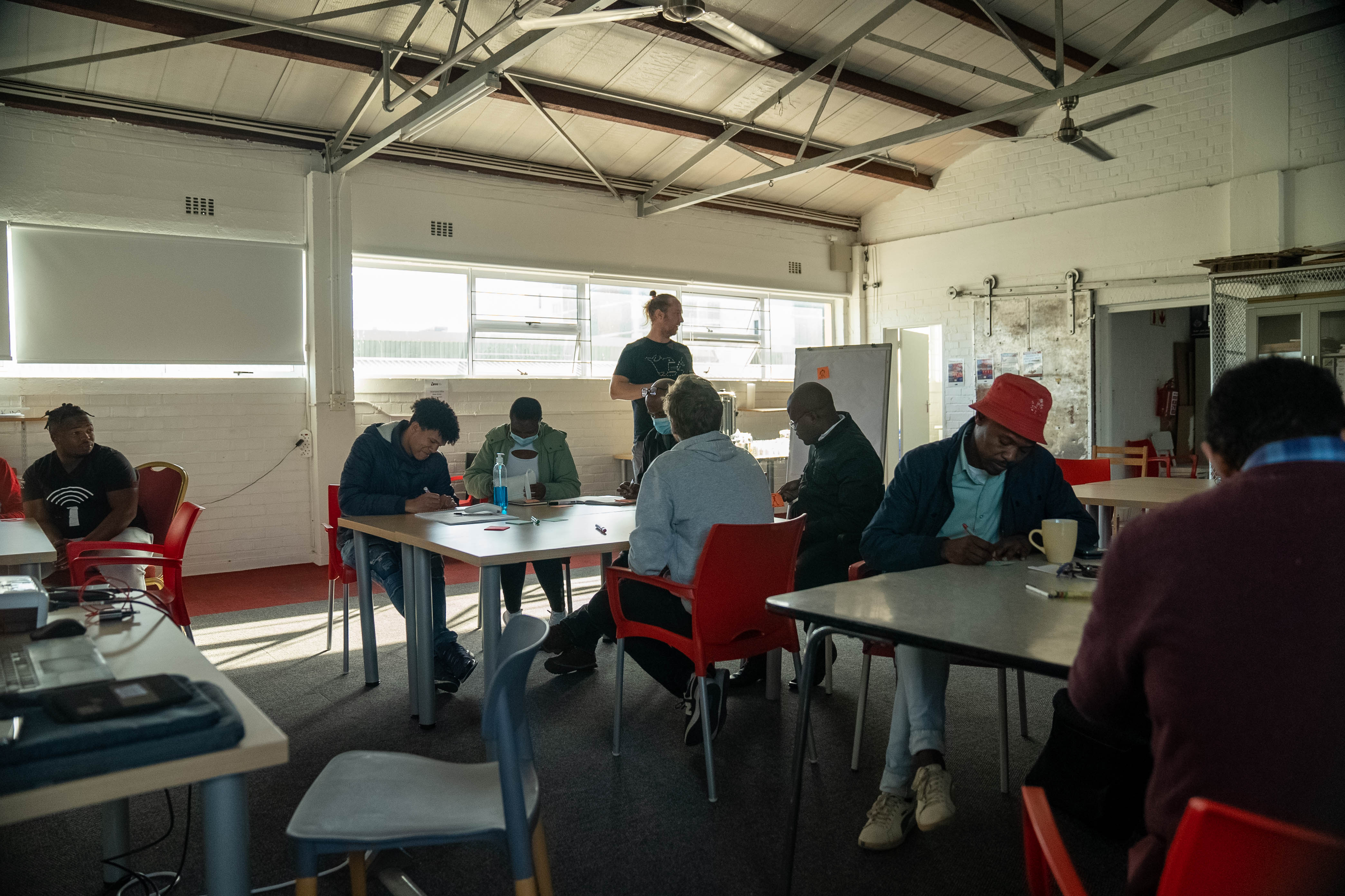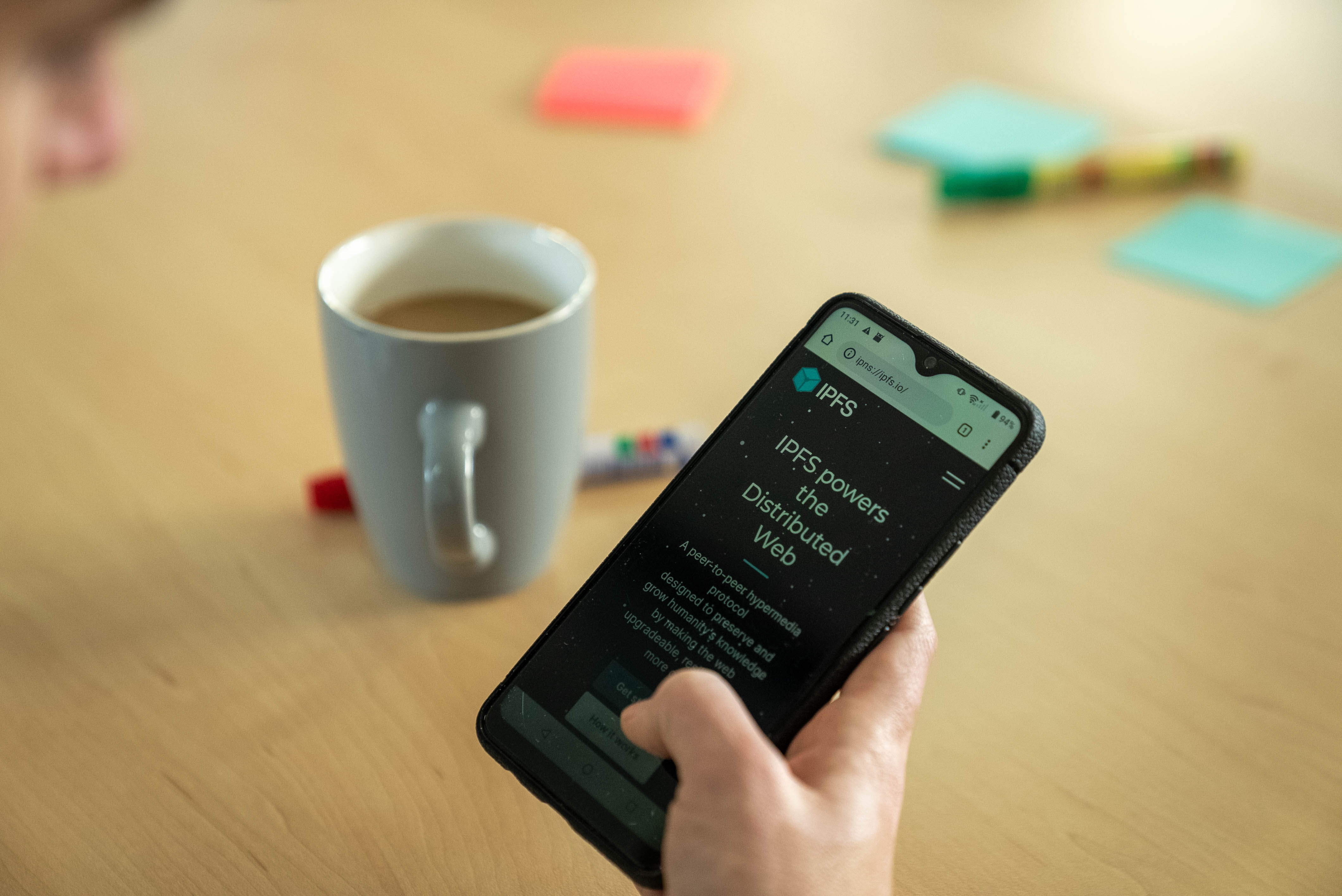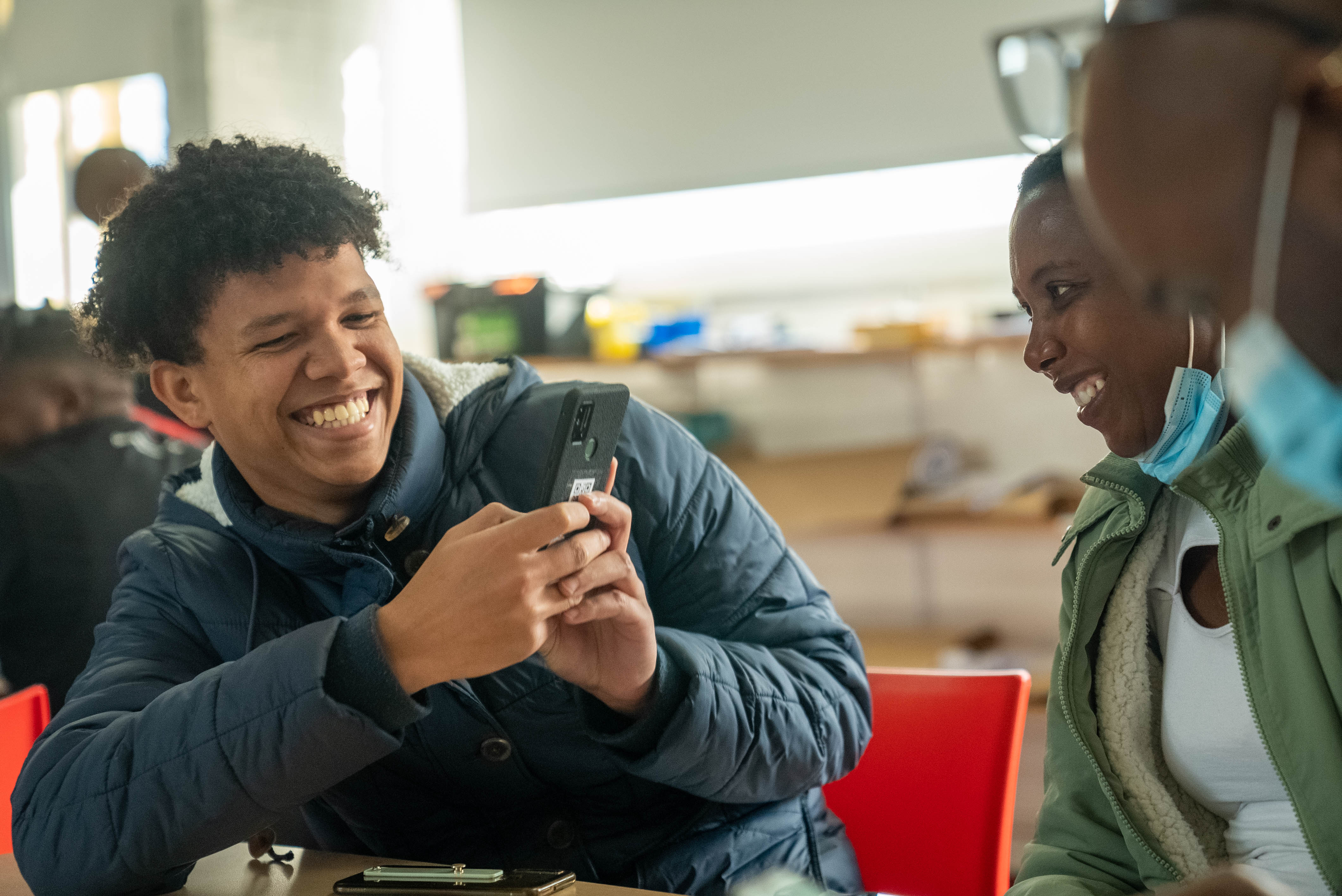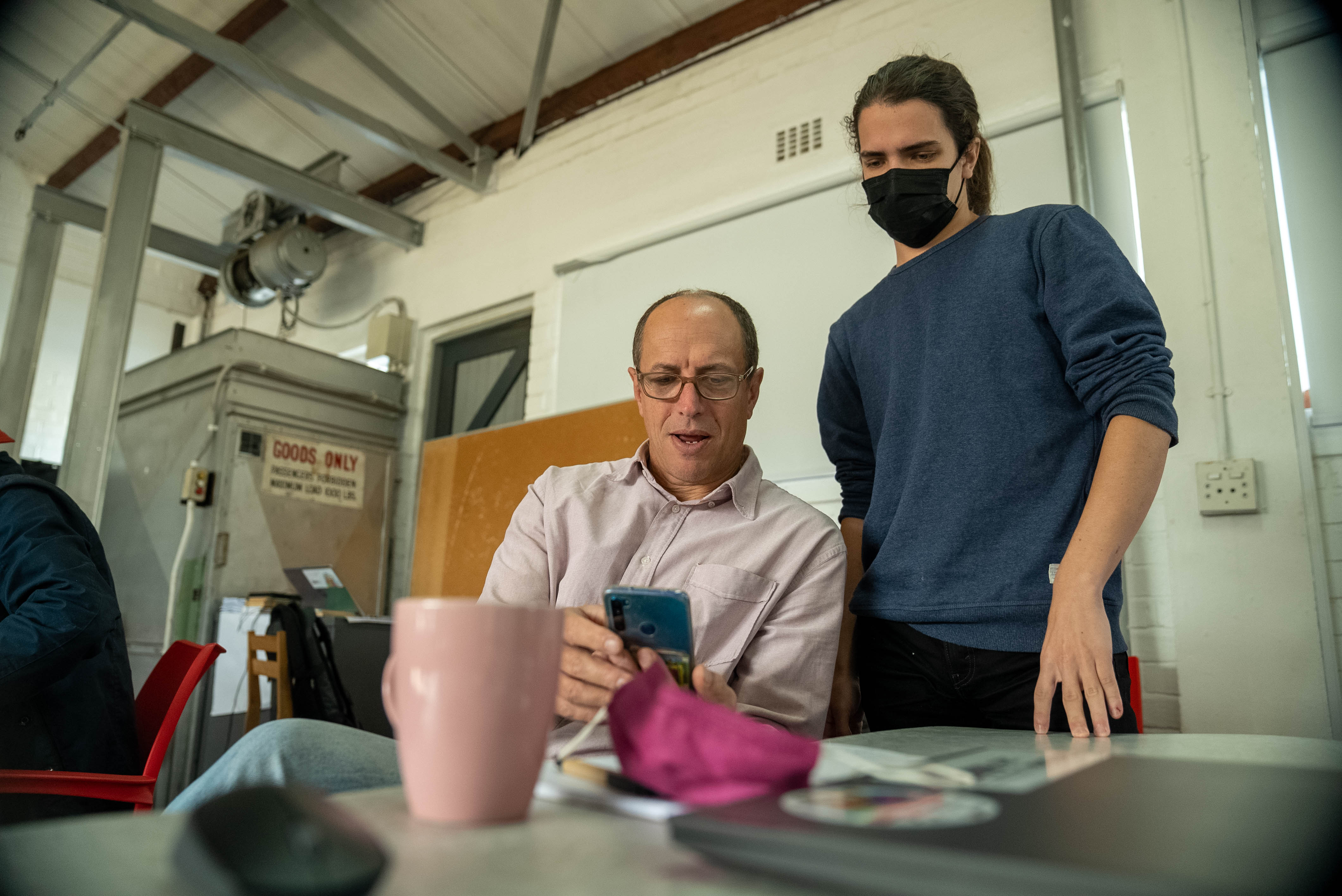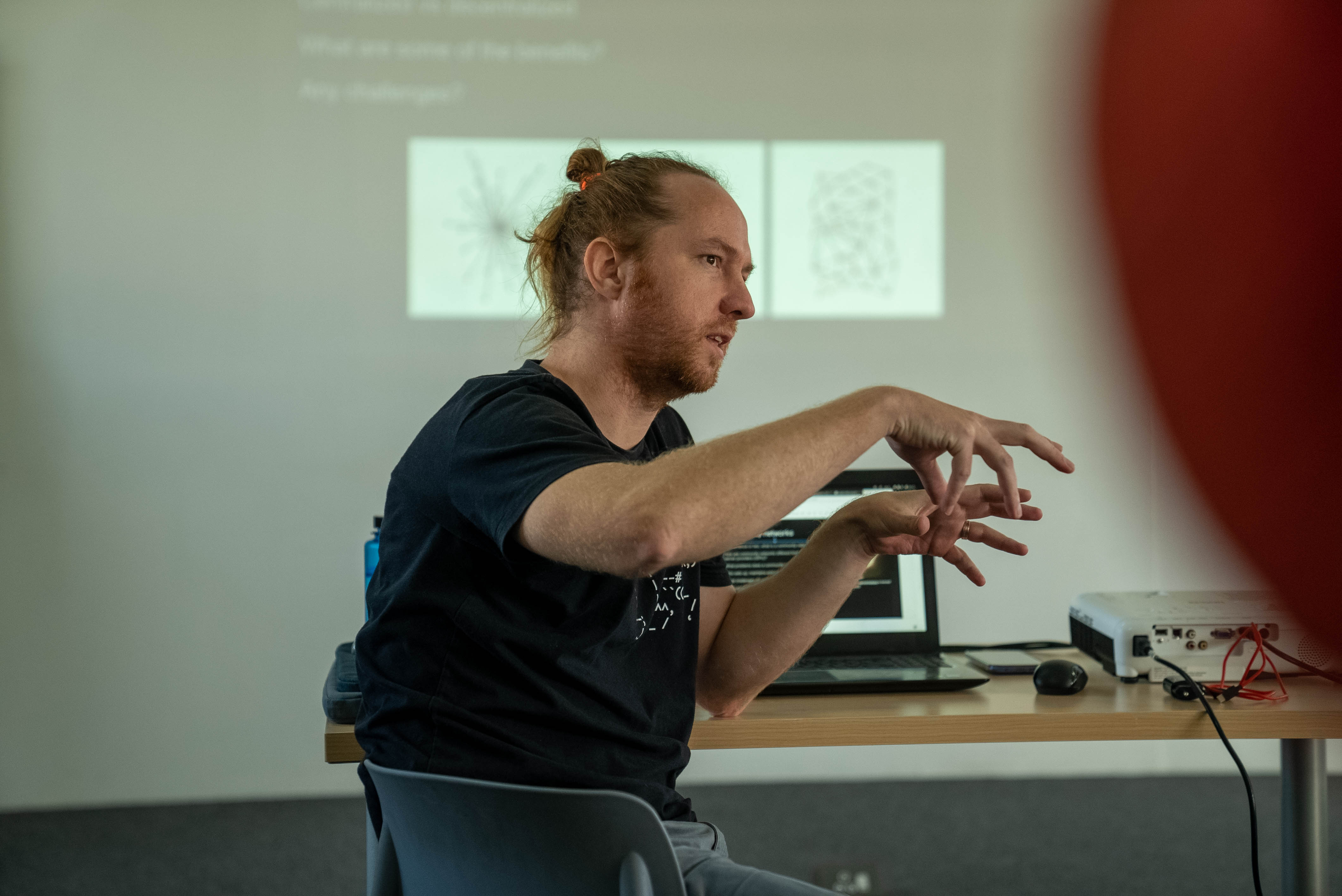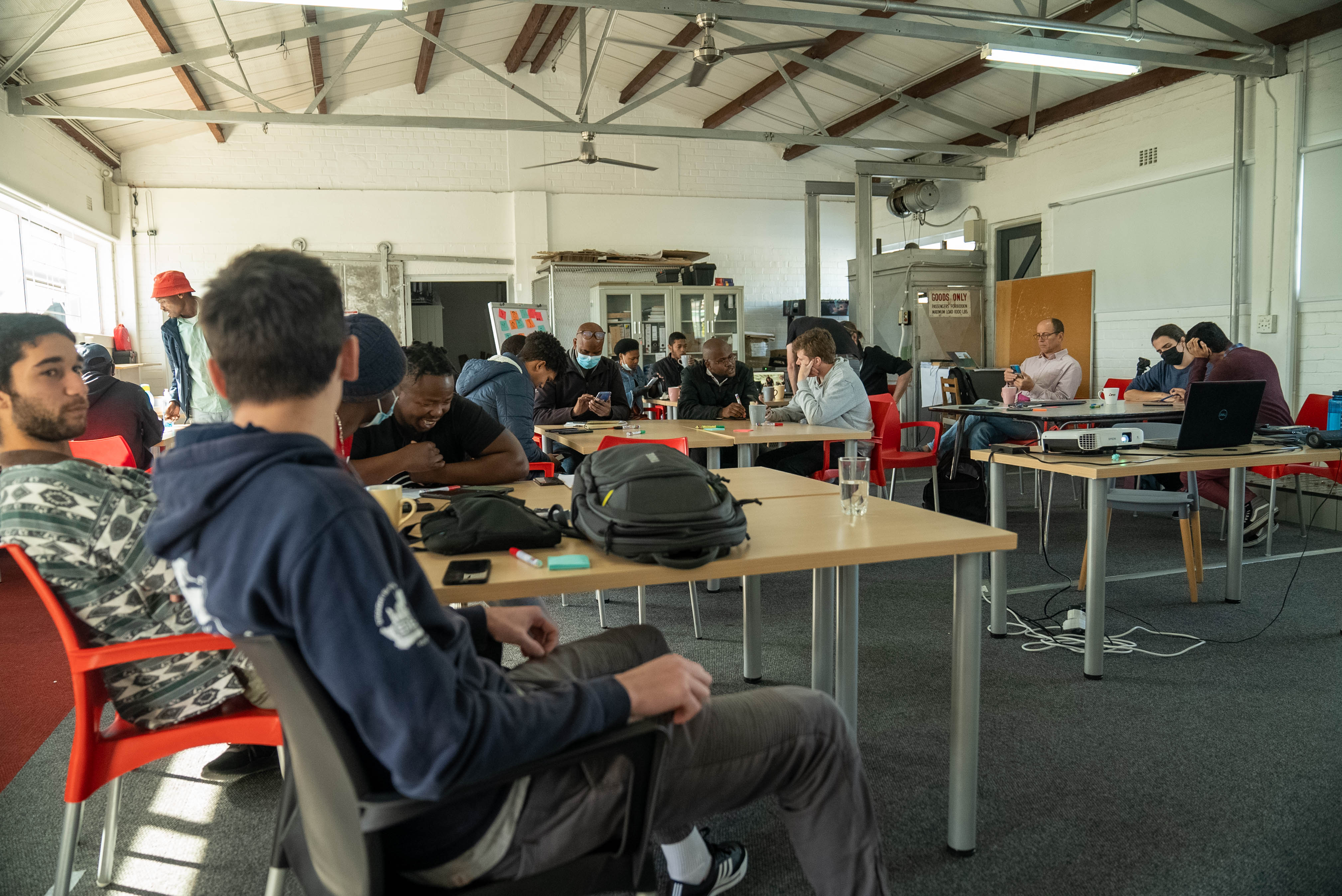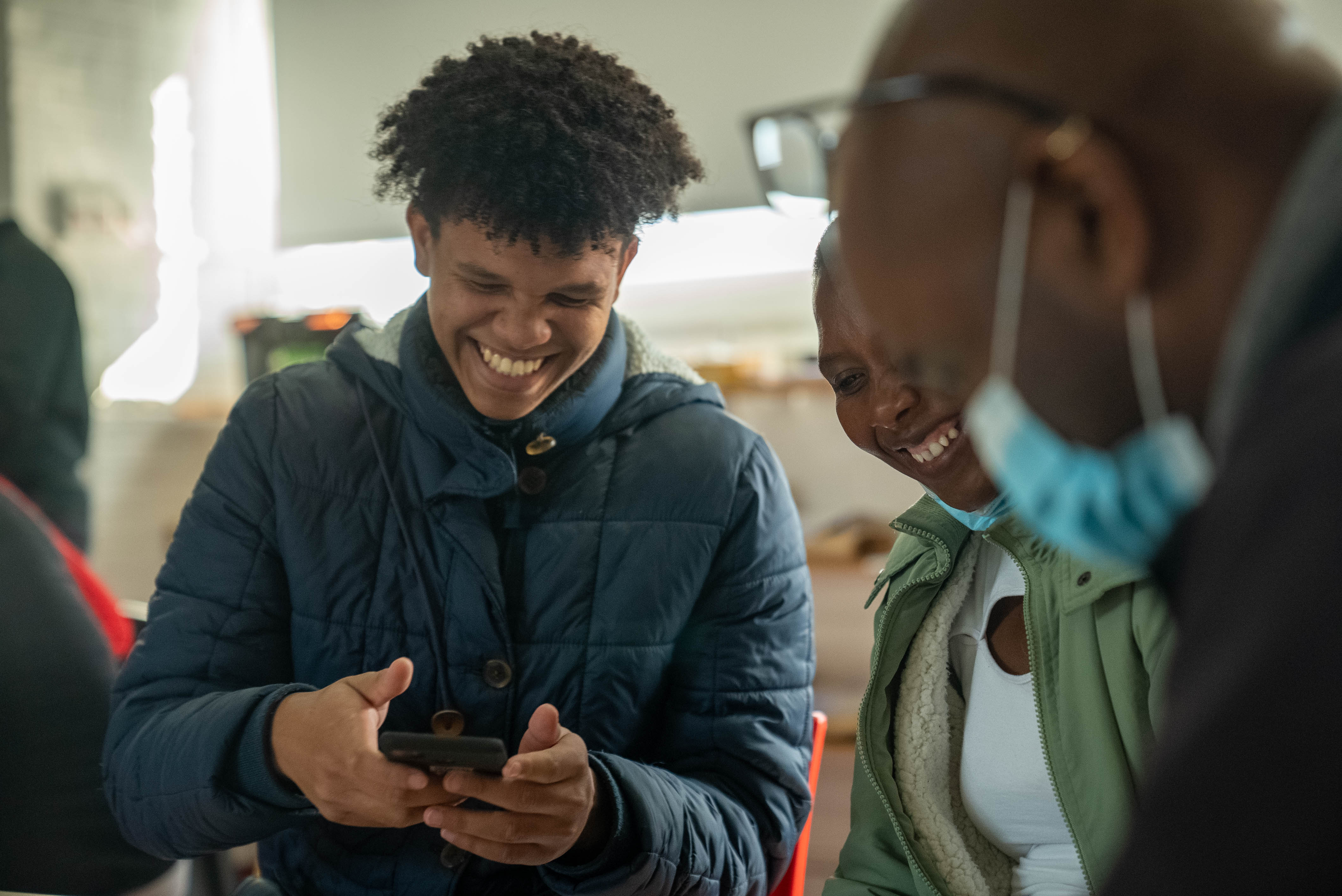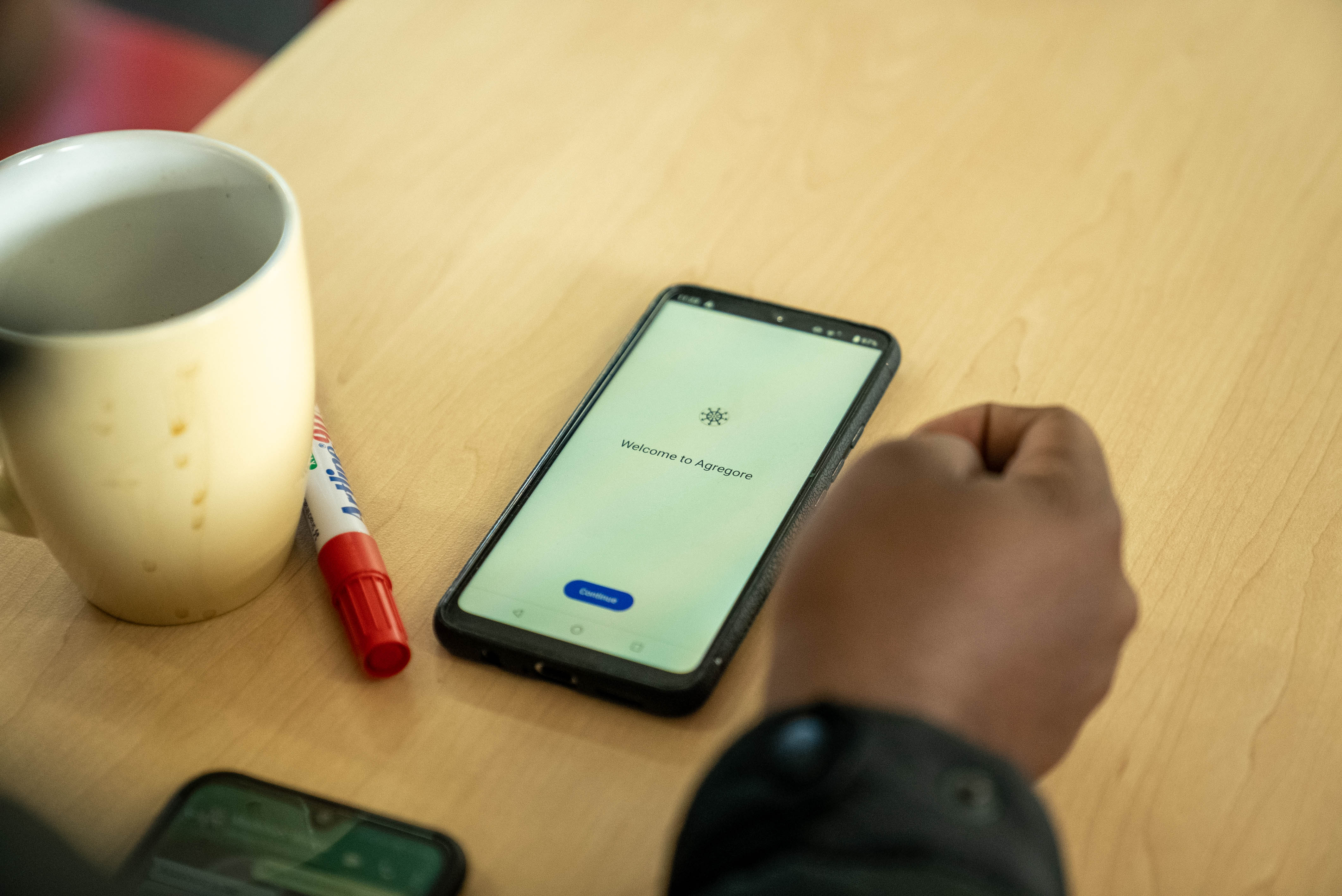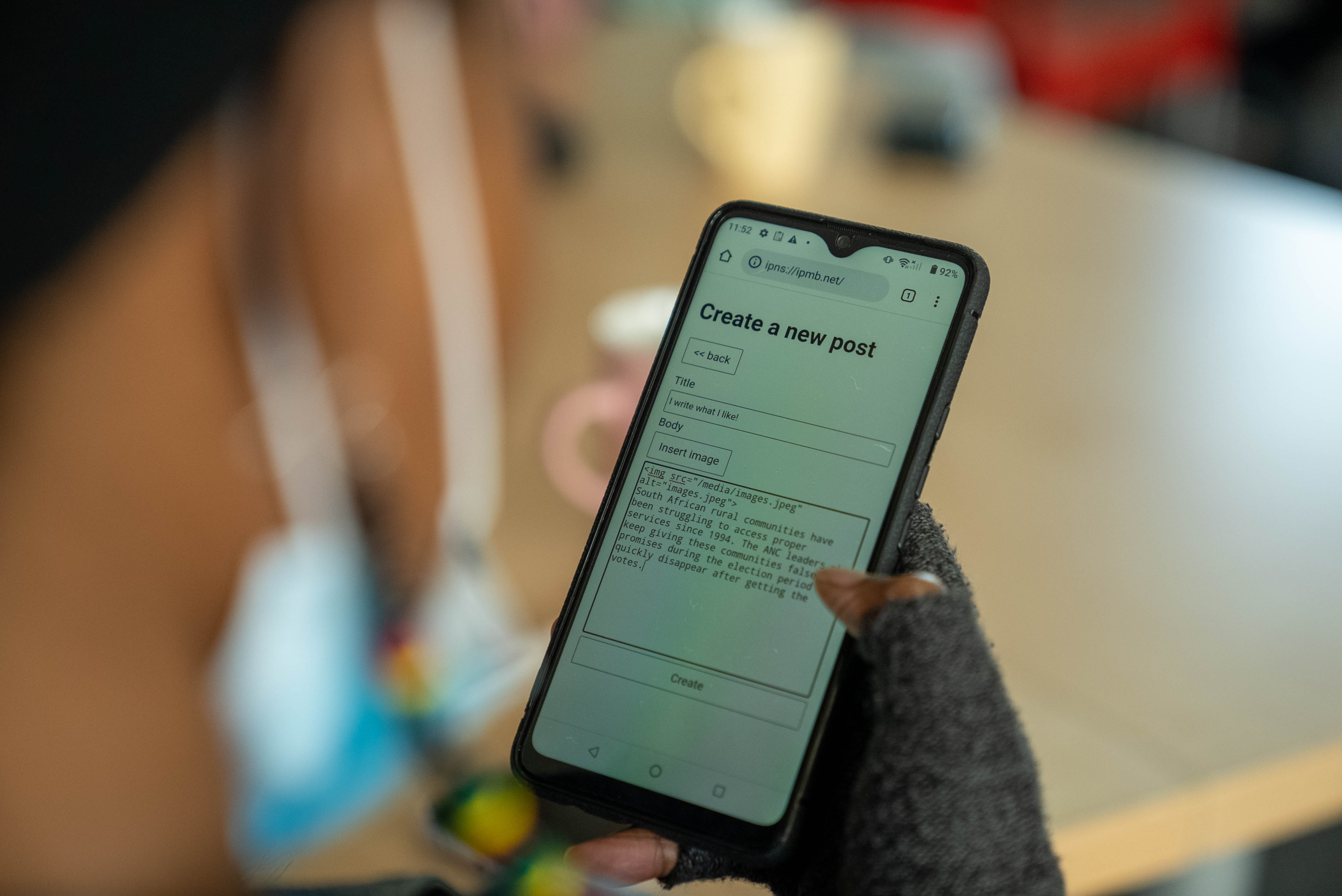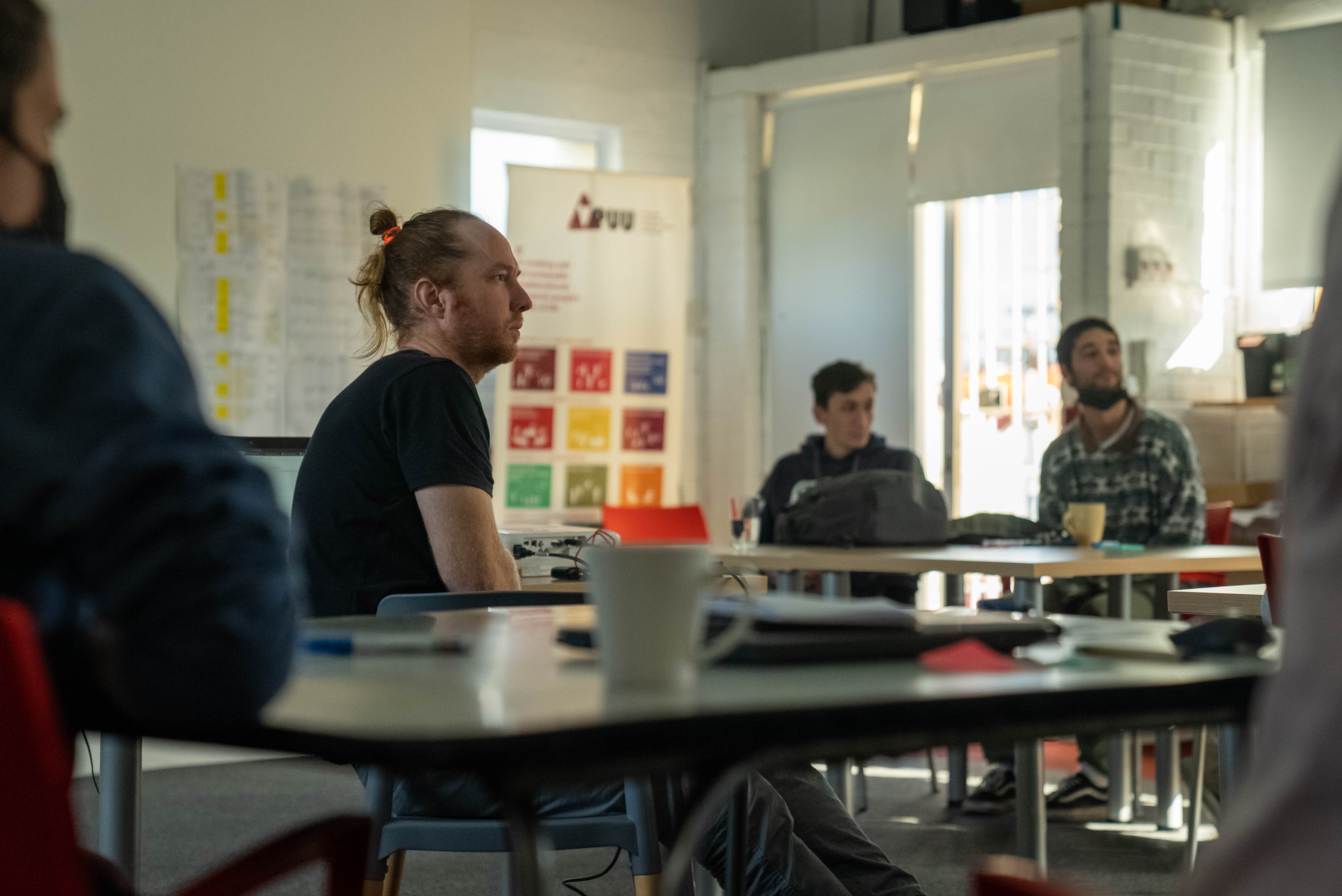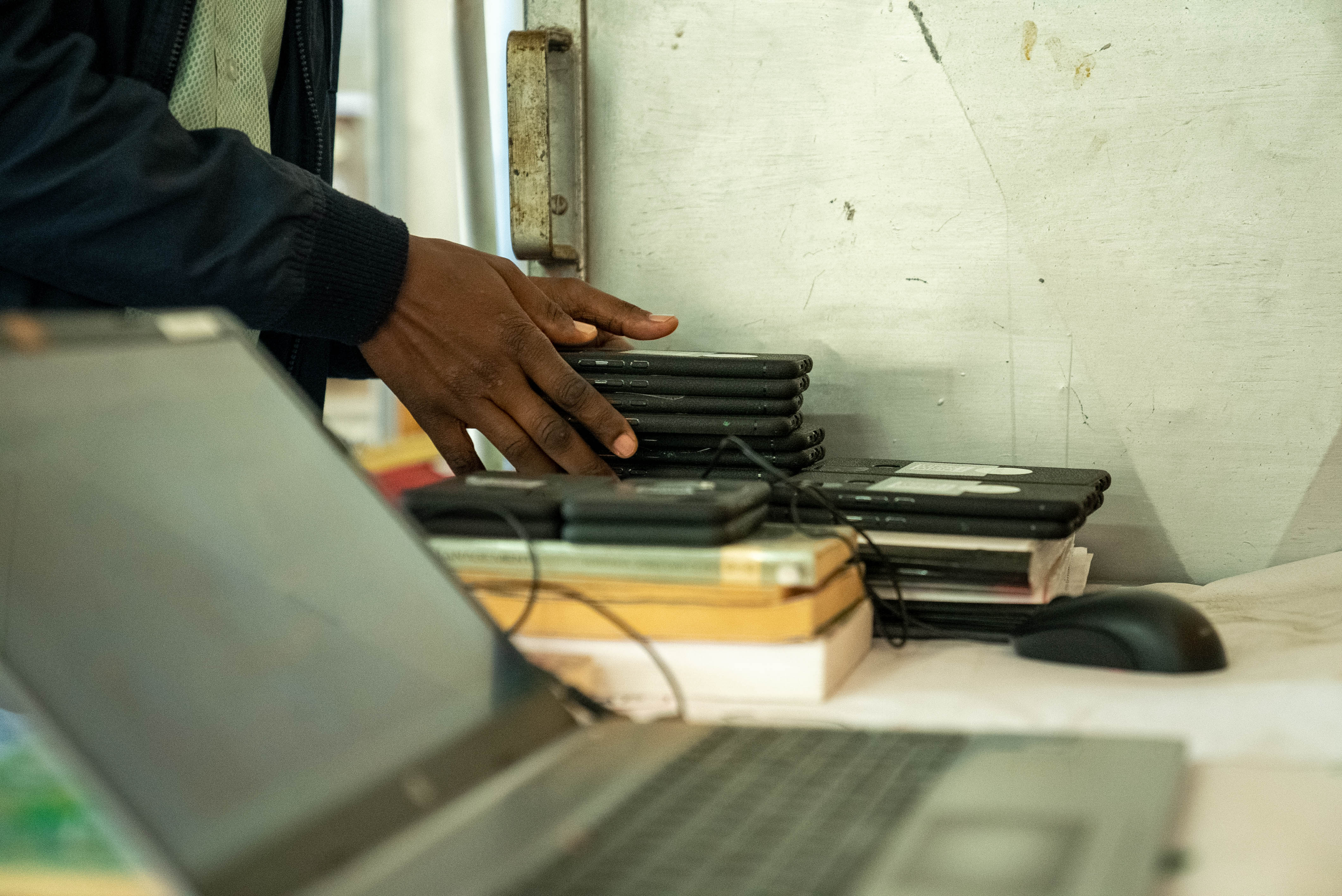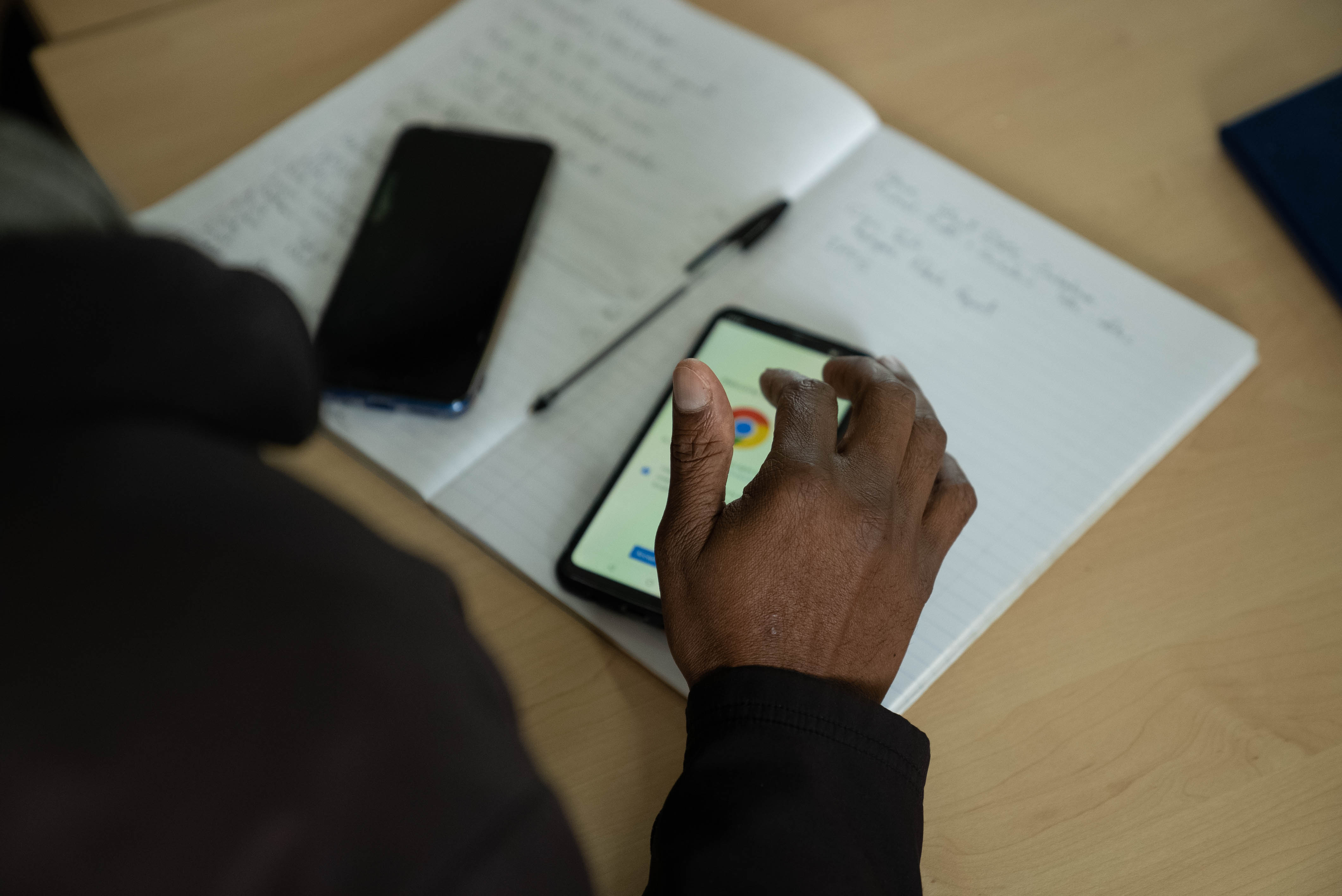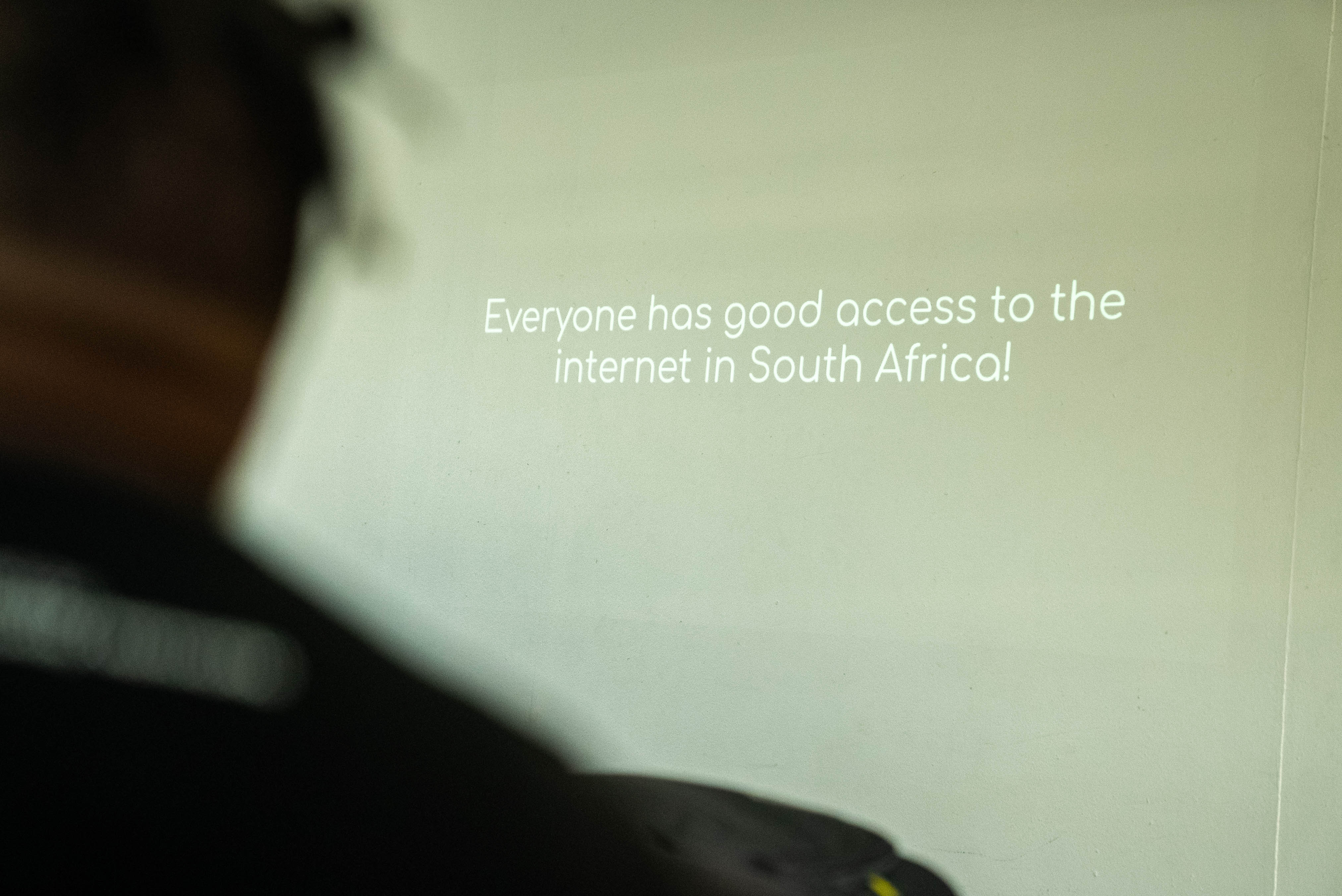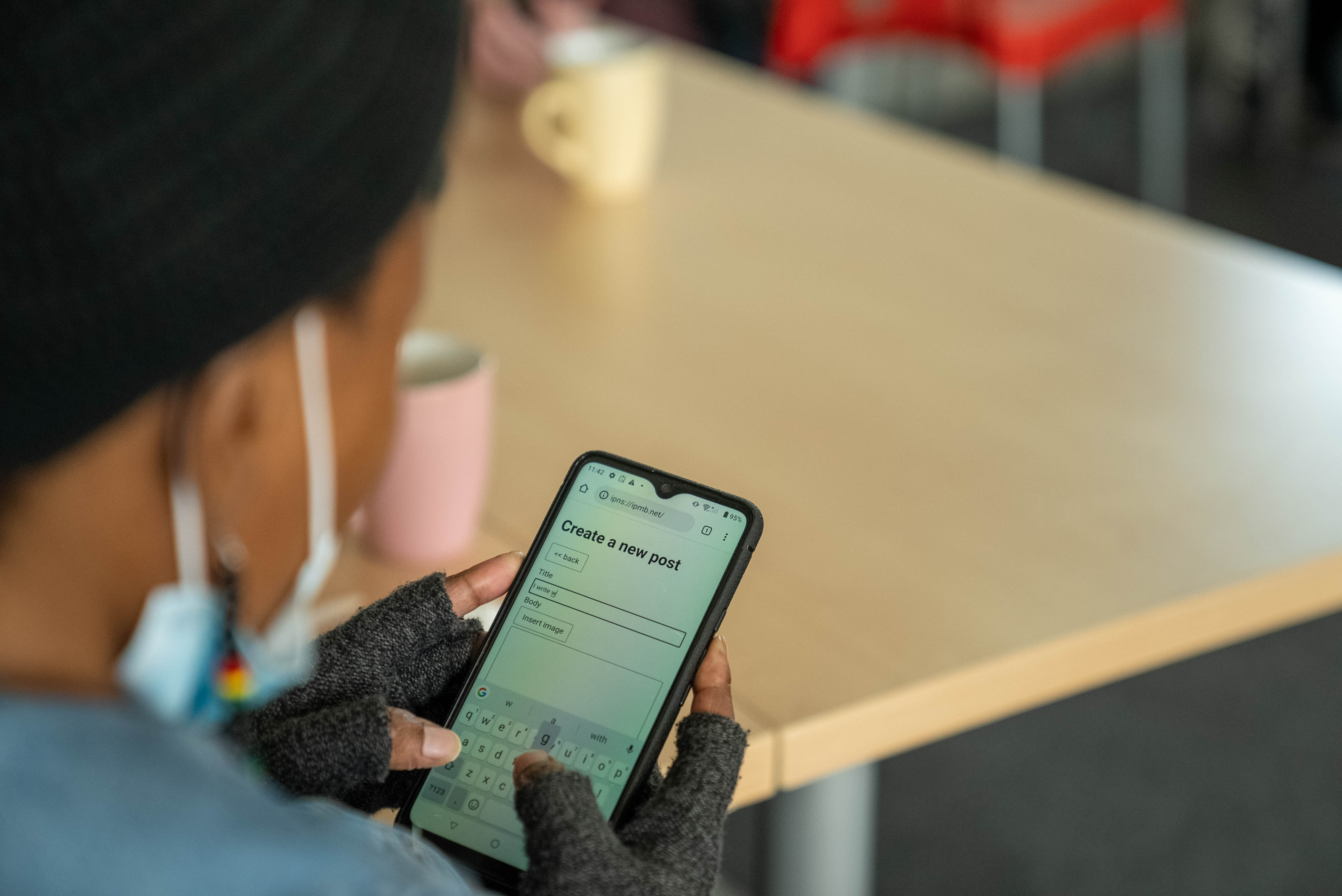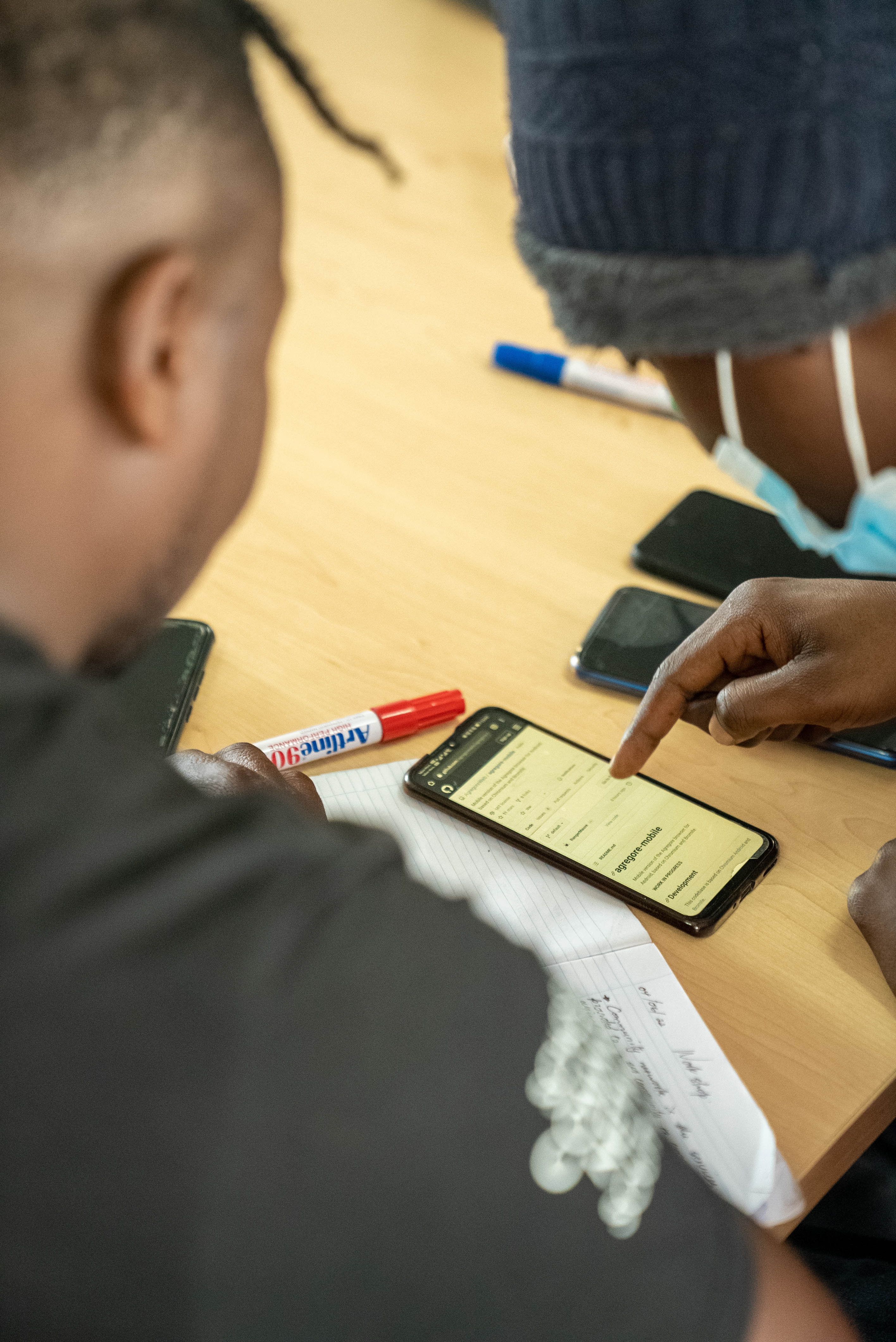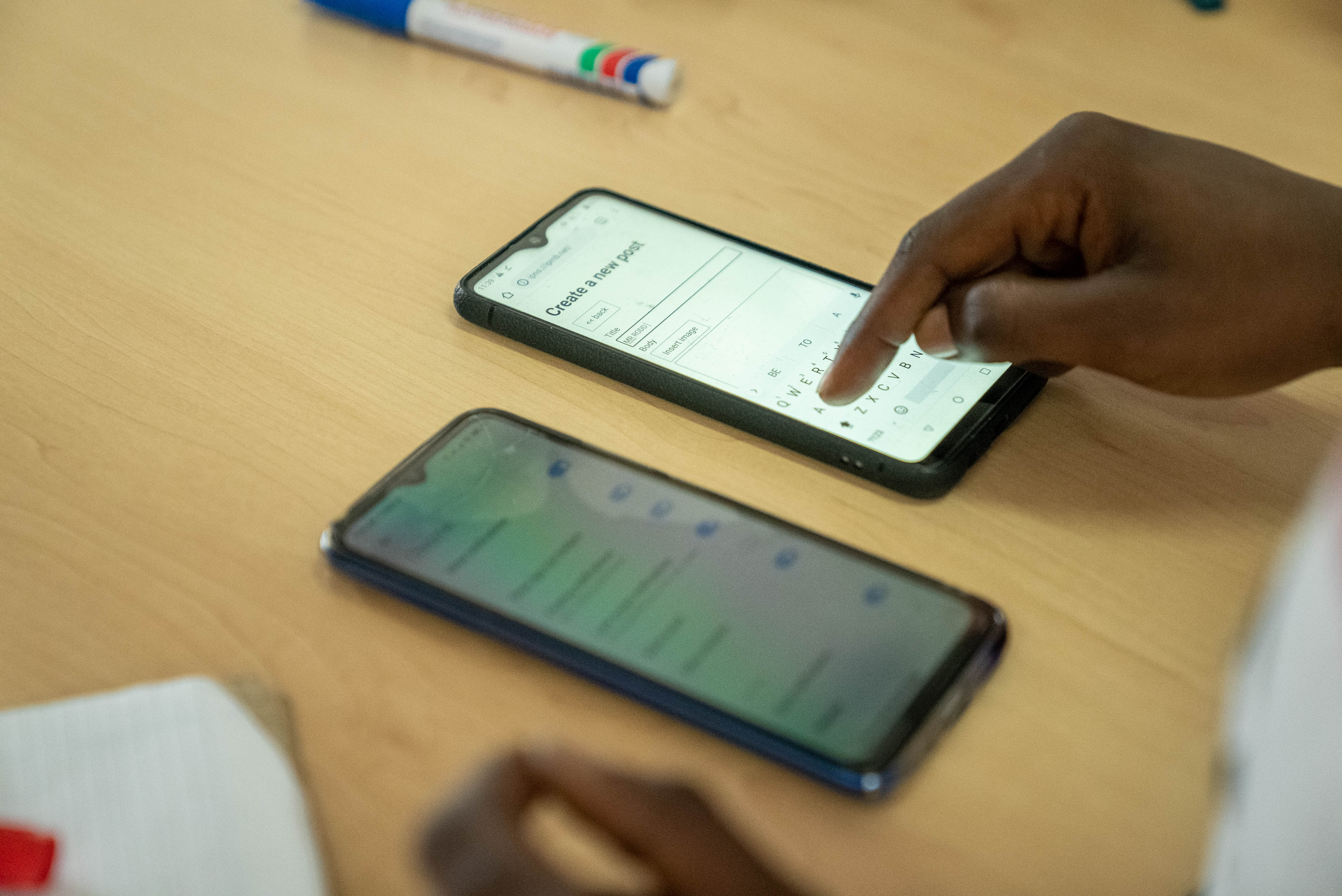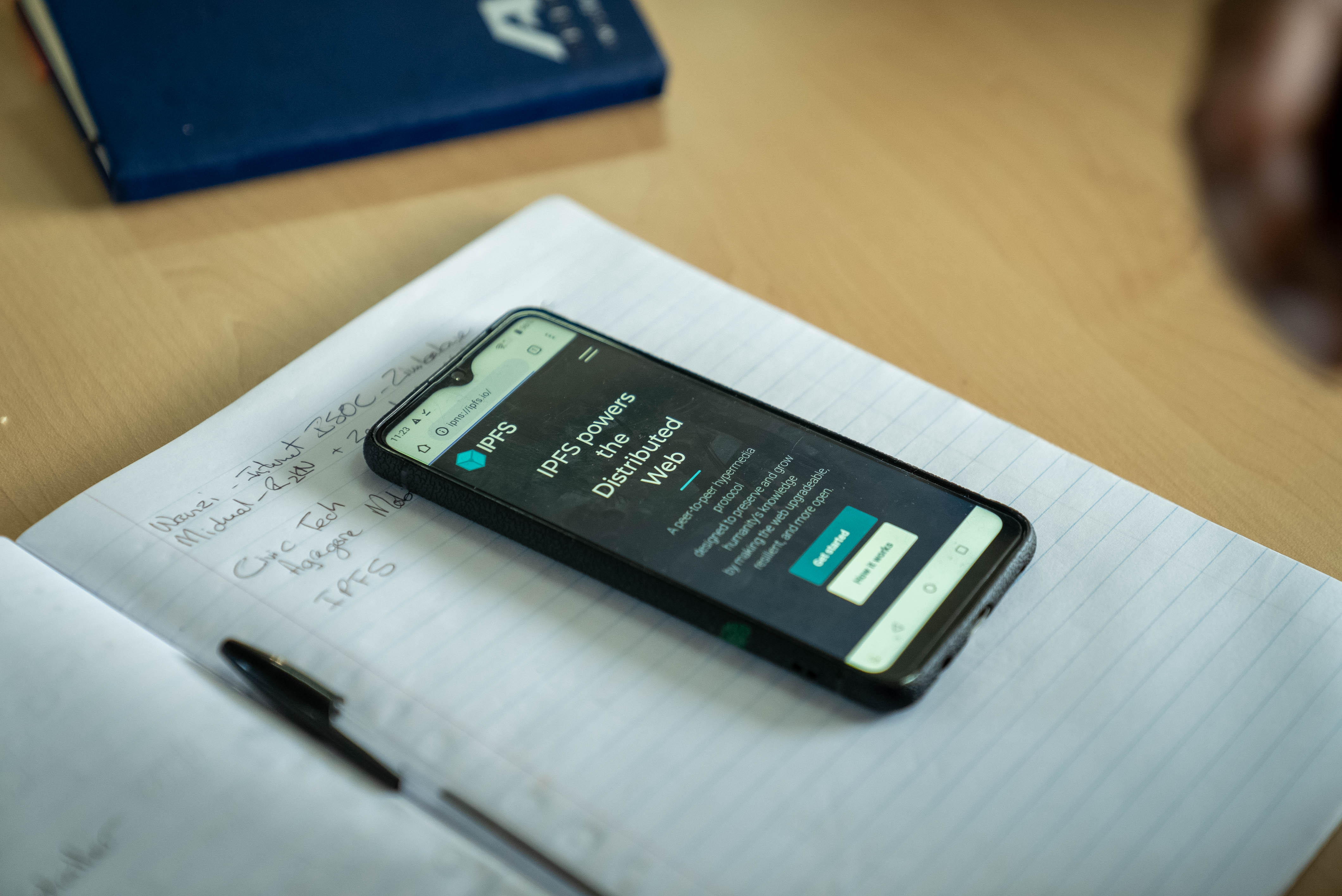I recently facilitated a workshop on community networks and the peer 2 peer (P2P) web. A workshop is a unique opportunity to engage people on a topic. In contrast with a broadcast model for disseminating information, it allows people to share their own expertise from their perspective. It is also an opportunity for people to get to know each other and form connections.
At the start of the event, we did an ice breaker where everyone drew a self-portrait on a post-it note. After a few minutes of drawing, we introduced ourselves and shared why we were interested in the topic of the workshop.
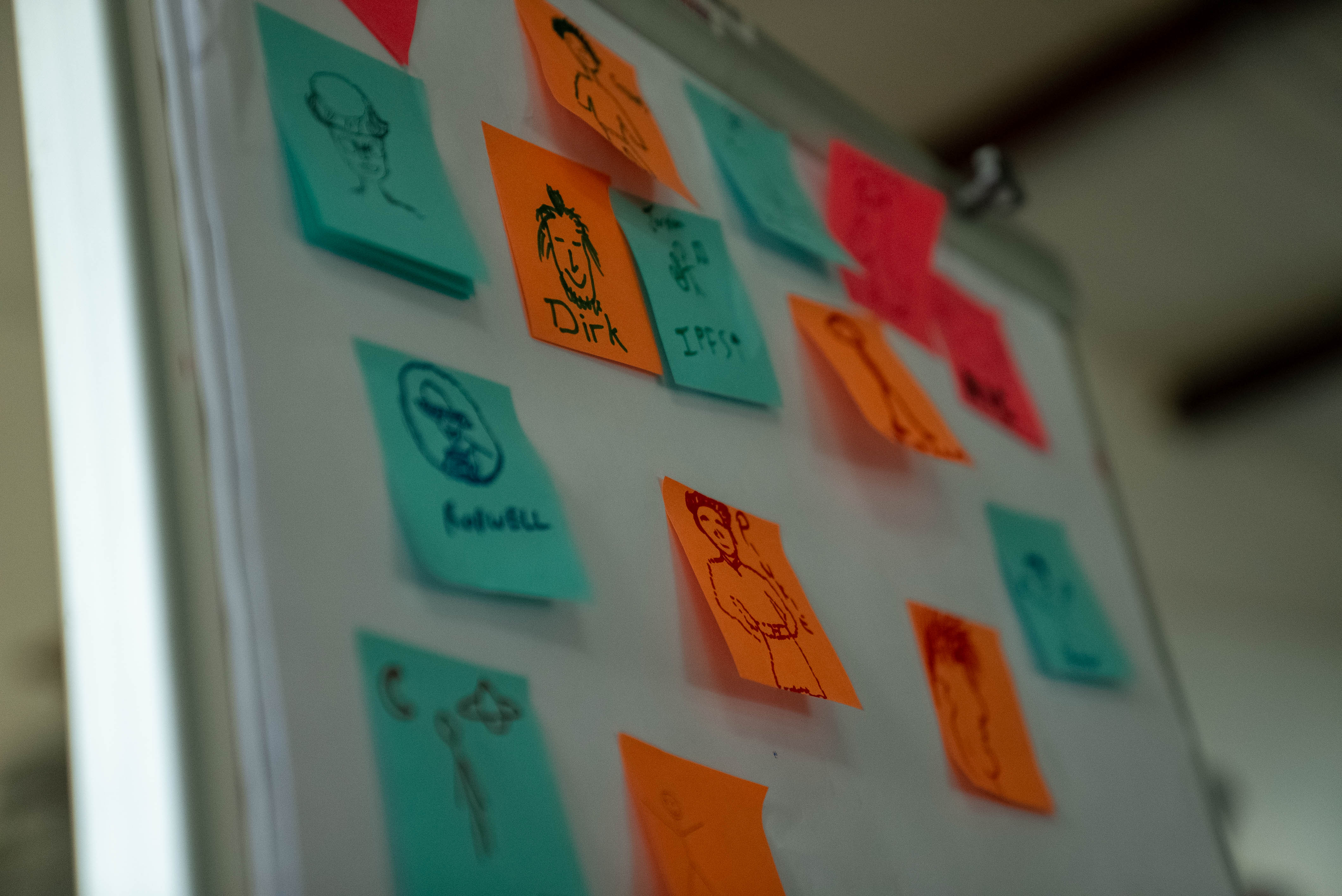
Next we took a statement that was easy to disagree with and edited it to add the nuances that would make it more accurate. We started with the statement:
“Everyone has good access to the internet in South Africa”
After some discussion and editing, we ended up with:
“People who can afford it has some access to the ‘limited internet’ sometimes faster than other times in certain parts of South Africa when the power is on and if they have an appropriate device if they know how to use the internet! (Currently, until internet gets shut down during civil unrest)”.
This allowed people to raise the issues with internet access as they perceive them. It also reinforced the idea that the slides are not absolute and that it is good to question statements being made.
We then talked about community networks, what they are and what they are not. There were several people from community networks present in the workshop, so they were able to share what a community network is, what makes it different from a traditional internet service provider and what challenges they are facing.
The challenges include cost of internet, maintenance of the network infrastructure, governance of the community, fair usage, expectations from users, people with the needed skills, network hotspots leading to people gathering in places that might not be desired amongst others.
Then we talked about the Peer 2 Peer (P2P) web and what it means. We talked about decentralization, discovery of information in a P2P network, challenges with authenticity, questions around technology and user friendliness, etc.
Before carrying on to the practical part of the workshop, I introduced the Agregore project and how the workshop fits into the context of the project. The short of this is that we received money from the Filecoin foundation to develop a mobile browser (Agregore Mobile) that can access the P2P web, build an application for creating a blog on the P2P web (ipmb.net), integrate IPFS with a local services platform used by community networks (Lokal) and run the workshop.
We had several Android devices available to use for testing. After sharing the instructions for installing Agregore Mobile on the devices, I assisted a few people with the installation. After they successfully installed the browser, I prompted them to help others.
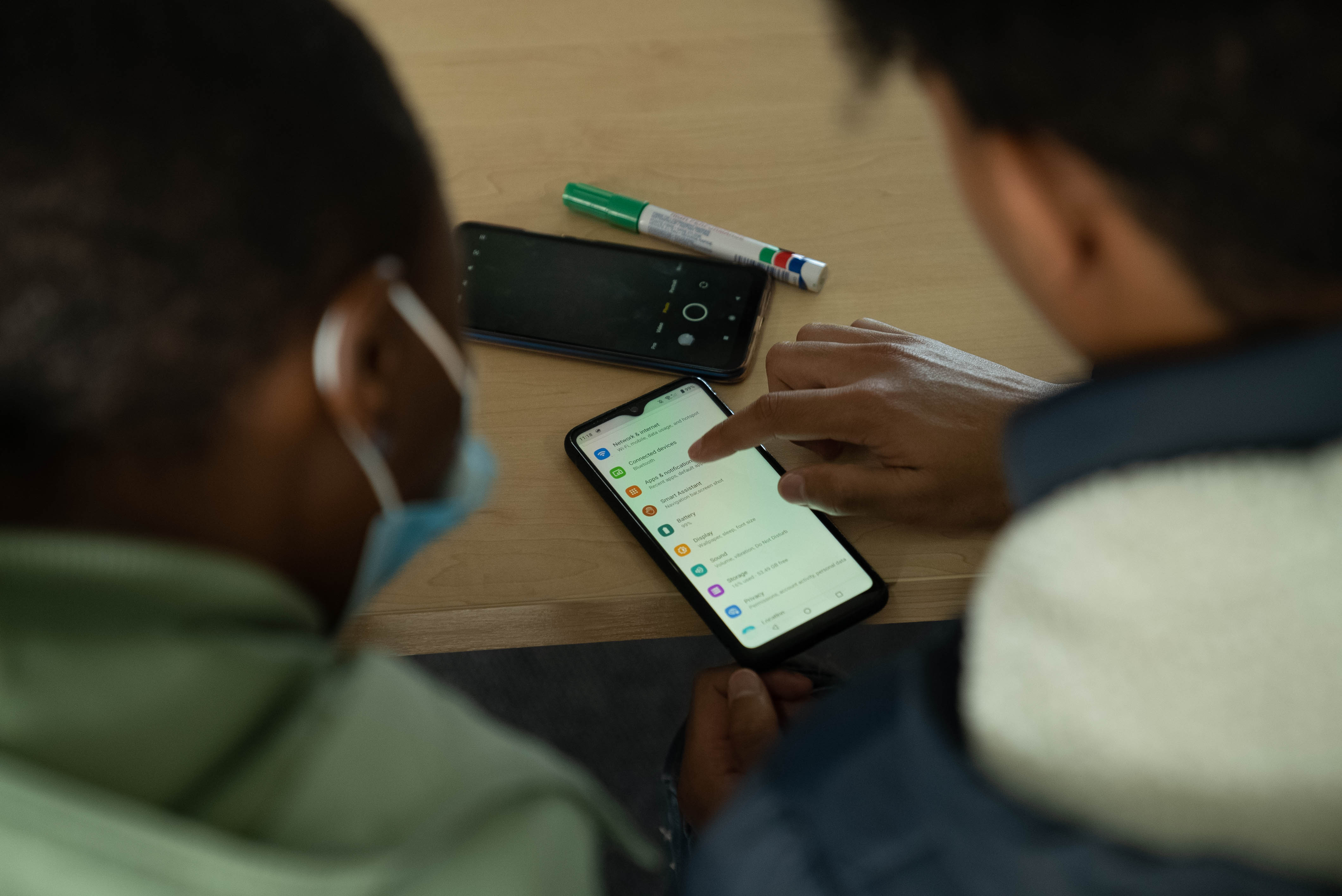
After most people had the browser installed, we started experimenting with the blogging application. I followed the same strategy of helping a few people to get started using the blogging application and asking them to help others.
During the installation and testing there were lots of questions not directly related to the installation and use of the browser or the app, but more about how things work on the P2P web. Things like “where is the data stored”, “how is the content on my phone sent to other devices”, “does this pass through the internet”, “how much storage does this use”, “are other people’s content being stored on my device”, etc. Having participants ask these questions helped them engage in the topic of decentralization in a way that bullet points on a slide wouldn’t. It also highlighted what issues they considered more important.
People also had ideas for how the browser could be improved, things they could do with it, ideas for other audiences that could benefit from learning about the technology, challenges in their communities, etc.
We then had a break for lunch! Lunch came at a good time for people to engage each other without an agenda. During lunch we also recorded a few video interviews with participants.
After lunch we divided into several groups to document feedback on the browser and the blogging application and ideas for using this in the future. This allowed participants to share their ideas with each other and ask more questions. We then shared back a summary of what we talked about in groups.
Finally we ended by each of us sharing what we liked during the workshop and what we would like to do going forward. Many participants mentioned that they would like to learn more about the P2P web and related technologies, spend more time sharing with the other attendees of the workshop and that they were happy to attend the workshop.
We decided to form a mailing group for everyone who attended the workshop to carry on the conversation and discuss future opportunities. If you’d like to join this group, get in contact.
